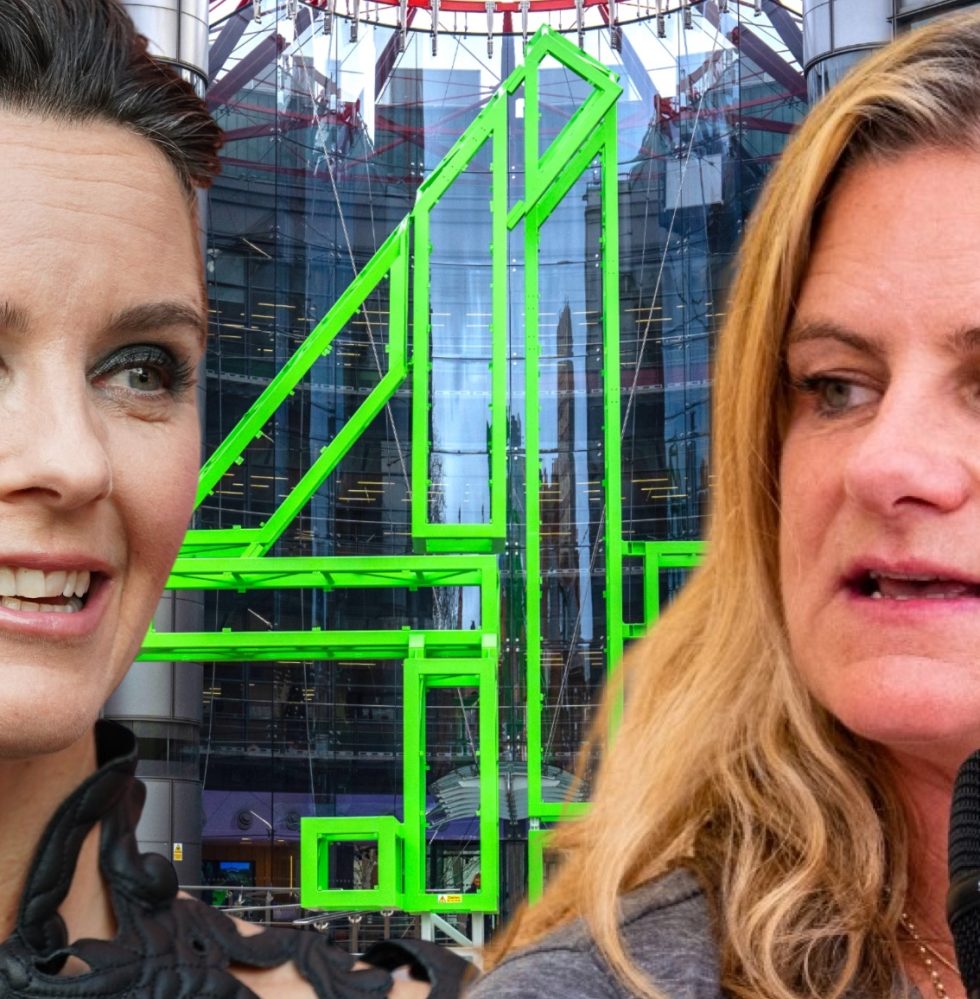
EXCLUSIVE: Channel 4 once described itself as the “sponsor and defender of free speech,” but a cache of documents seen by Deadline reveals it is restricting what aggrieved former staffers can say about the company.
Deadline has analyzed 61 settlement deals signed by former staff members who exited Channel 4 amid an employment dispute between 2017 and 2021. Channel 4 paid out nearly £5M ($6.7M) to these ex-employees to prevent complaints escalating, but in doing so, stipulated that they do not discuss matters relating to the company.
All but two of the 61 settlement deals contained confidentiality and non-disparagement clauses that transparency campaigners consider to be non-disclosure agreements (NDAs). This is despite Channel 4 repeatedly saying that it never uses NDAs to cover up wrongdoing.
Details about the settlement deals, disclosed by Channel 4 under Freedom of Information laws, come as UK lawmakers have raised concerns about the entertainment industry’s use of NDAs amid the drafting of a new Employment Rights Bill.
Zelda Perkins, the former assistant to Harvey Weinstein, who has become a vocal critic of NDAs after breaking her own agreement during the #MeToo movement, accused Channel 4 of “playing legal God” in what it allows former employees to express about the broadcaster, which screens shows including The Great British Bake Off.
She told Deadline that non-disclosure agreements do not come with the letters “NDA” signposted at the top of a document. Perkins noted they can be used legitimately to protect commercially sensitive information or client confidentiality, but are open to abuse when used to restrict disclosures around employment issues.
A former Channel 4 staffer, who signed a settlement deal after making a misconduct complaint, told Deadline that their agreement was an NDA “in all but name.” Speaking on the condition of anonymity, they said Channel 4’s brand is “completely at odds” with the agreements and that fearful employees are “one truthful comment away from being silenced.”
Twenty-four of the 61 Channel 4 settlement agreements reference “discrimination” as being among the claims that led to the deals being signed. One of the documents referenced “pregnancy” discrimination after an employee returned from maternity leave. Channel 4’s position is that it used standardized language in agreements, which does not necessarily indicate that a discrimination issue had been settled in all cases.
A common confidentiality clause contained in the Channel 4 settlements forbids former employees from making “any statement or comment concerning the terms of this agreement, the termination of your employment or any other matter concerning the company.”
Channel 4’s agreements go further in stipulating that former employees must not publish or communicate “any derogatory or defamatory” statements about the network or its workforce, even if unrelated to their grievance. Perkins argued that these broad non-disparagement clauses can have the same effect as an NDA.
C4 Denies Using NDAs
Channel 4 has consistently denied that its settlement agreements are tantamount to NDAs, arguing that its confidentiality clauses “never prevent individuals from raising issues of serious wrongdoing.” In emails seen by Deadline, CEO Alex Mahon has said Channel 4 “does not use and has not used NDAs” to “cover up wrongdoing.”
Perkins said this was Channel 4 simply “adhering to the law” in Britain, which protects individuals who make disclosures in the public interest, such as reporting a potential criminal offence. In meetings with Mahon, Perkins has called on Channel 4 to ditch the clauses and sign her Can’t Buy My Silence Pledge.
Deadline can reveal that Channel 4 quietly made changes to its settlement agreements in 2022, stripping back blanket confidentiality clauses so they only reference specific matters, such as details of payoffs. It has signed four settlement agreements since 2021, paying out a combined £383,261 to ex-employees.
Channel 4 continues to stand by non-disparagement clauses. The company’s position is that these clauses protect people at all levels and are sometimes requested by departing employees who do not wish to be disparaged by former colleagues.
Channel 4’s commitment to the clauses puts it out of step with other industry players. The BBC removed so-called gagging orders from contracts in 2013, including non-disparagement clauses and those that stop individuals from discussing a settlement agreement or the circumstances of their departure.
A Channel 4 spokesperson said: “As a matter of course, Channel 4 does not use non-disclosure agreements, except in relation to commercial matters only and never in respect to staff. Our standard settlement agreements have always had a confidentiality clause in them, but we have always been clear that this does not and should never prevent individuals from raising issues of serious wrongdoing that require investigation. We would reiterate that again.
“Our CEO Alex Mahon has had several constructive meetings with Zelda Perkins and we support her work and the ambition to ensure all employees can speak freely and openly. In 2022, following very useful discussions with Zelda, we made changes to our template settlement agreement – which was also previously used to document some Channel 4 redundancies – to move away from comprehensive confidentiality provisions to narrowly defined clauses designed to protect legitimate interests for both parties to the agreements. We took the view that these confidentiality provisions are limited to cover things we think are justified, such as details of payment terms or where we have a duty of care to other employees.”
The cache of settlement agreements was obtained by Ed Ryland, a producer who has worked on shows including Have I Got News For You. Ryland has been campaigning for transparency and accountability from Channel 4 since he made a complaint via its Speak Up facility in 2021 after working on unscripted series Joe Lycett’s Got Your Back.
Ryland accused Channel 4 of making “misleading statements” about its use of NDAs. He told Deadline: “We largely don’t know what these NDAs are hiding. My attempts to establish the nature of the allegations they cover through further Freedom of Information requests have faced extremely strong legal resistance and so far have been unsuccessful. Channel 4 won’t even confirm or deny whether any of these agreements relate to allegations of sexual misconduct. What are they trying to hide?”
Channel 4’s spokesperson said: “Channel 4 has a zero-tolerance approach to bullying and harassment, and we actively encourage reporting of unacceptable behaviour. We are taking a leading role in challenging unacceptable behaviour in our industry.”
Channel 4 has declined to sign Perkins’ Can’t Buy My Silence Pledge, but said it supports the ambition behind the statement. The broadcaster’s position is that signing the pledge could prevent it from offering settlement agreements, even when they are requested by a departing employee.
NDAs are in the spotlight in the UK. ITN, which produces Channel 4 News, has been entangled in the debate after being accused by lawmakers of using NDAs to cover up workplace misconduct. ITN said it now longer uses confidentiality clauses in settlement agreements that “prevent anyone from talking freely about their experiences.” MPs are also calling on the government to ban NDAs after criticizing their misuse in the music industry.
Kienda Hoji, who sits on the board of the Creative Industries Independent Standards Authority, told BBC Radio 4 on Wednesday that settlement agreements do not need to contain clauses that mean people are “silenced for life.” He added: “This idea that somehow an NDA is inextricably linked to a settlement is a misnomer.”



